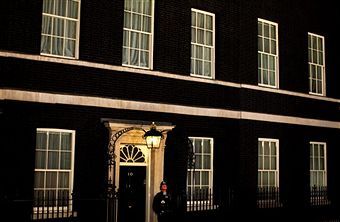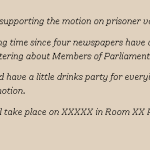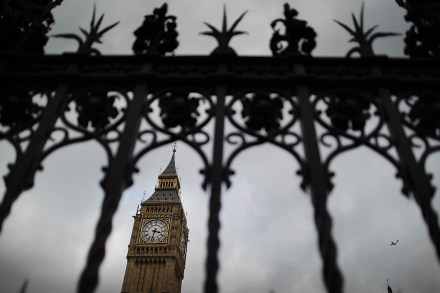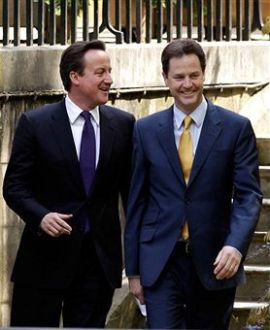Government to appeal on prisoner votes
PoliticsHome reports that the government is to ask the ECHR to reconsider its verdict in the prisoner voting rights case. The website says: ‘In a response to a parliamentary question from Labour MP Gordon Marsden, Cabinet Office Under-Secretary Mark Harper said: “We believe that the court should look again at the principles in “Hirst” which outlaws a blanket ban on prisoners voting, particularly given the recent debate in the House of Commons.”’ This is unsurprising. Last month, the government asked its lawyers to advise on the ramifications of noncompliance. The lawyers were unequivocal: the repercussions of such defiance was diplomatically impossible and extremely expensive. As non-compliance is foolhardy and acquiescence


















